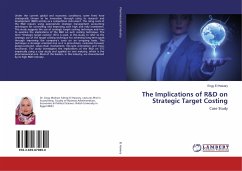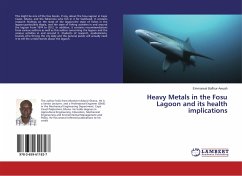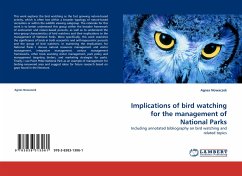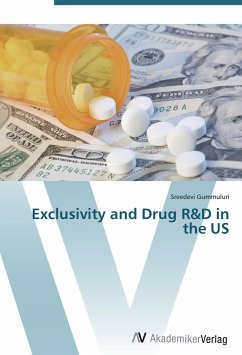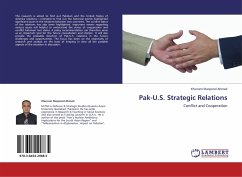Under the current global and economic conditions, some firms have strategically chosen to be innovative through using its research and development (R&D) activity as a competition instrument. The rising costs of the R&D require using appropriate strategic management accounting techniques for controlling and improving such high and risky investment. This study suggests the use of strategic target costing technique and tries to examine the implications of the R&D on such costing technique. The term "Strategic target costing" (STC) is used, in this study, to refer to the strategic use of the target costing technique for achieving long-term goals through improving the company's costs on an on-going basis. This technique is strategic oriented one as it is price-driven, customer-focused, design-centered, value-chain involvement, life-cycle orientation and cross-functional. The study investigates the implications of the R&D on STC empirically using a case study and applied on one industry, which is the pharmaceutical one. Most of the leaders, in this industry, are characterized by its high R&D intensity.
Bitte wählen Sie Ihr Anliegen aus.
Rechnungen
Retourenschein anfordern
Bestellstatus
Storno

